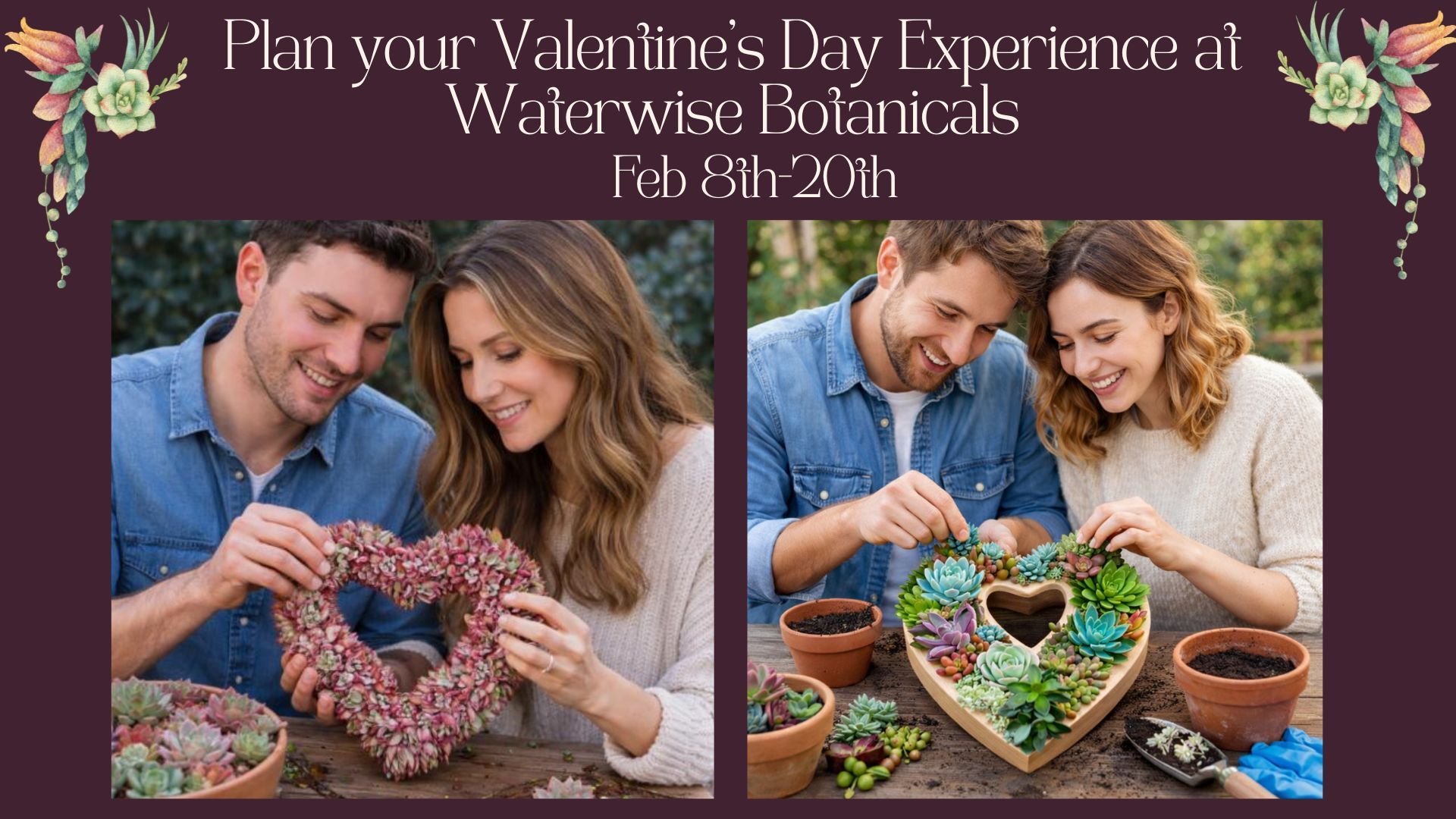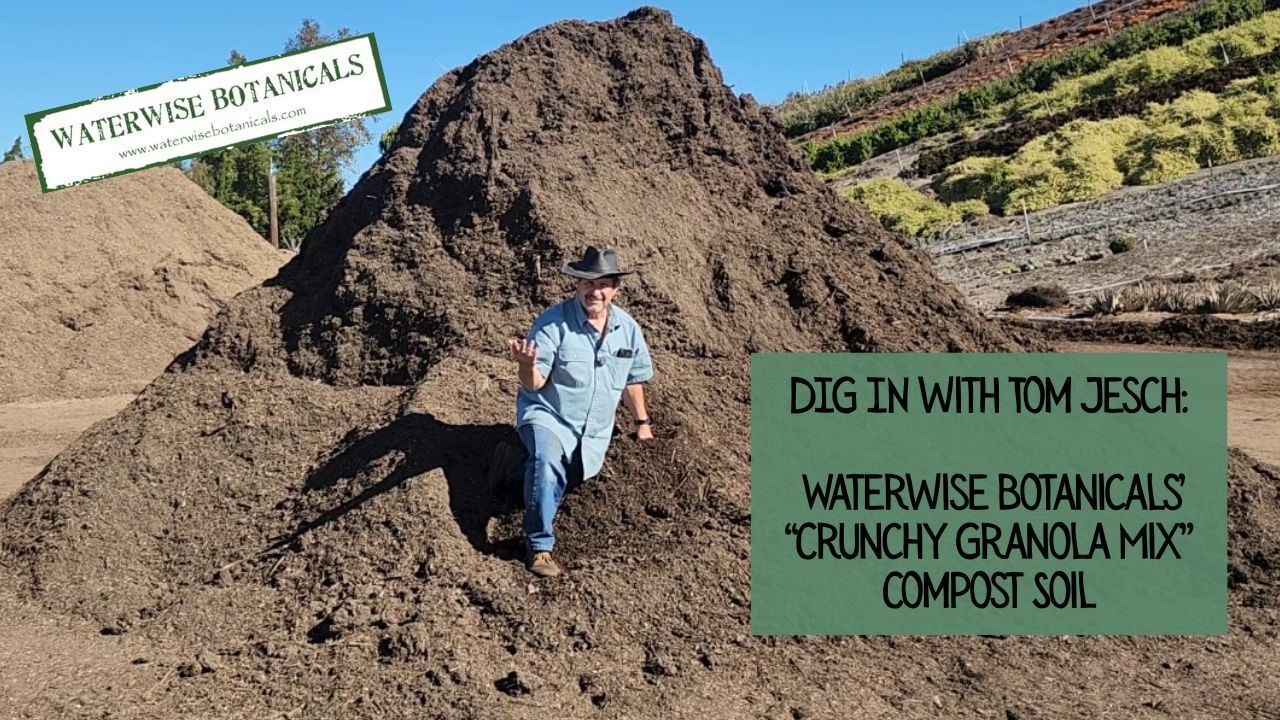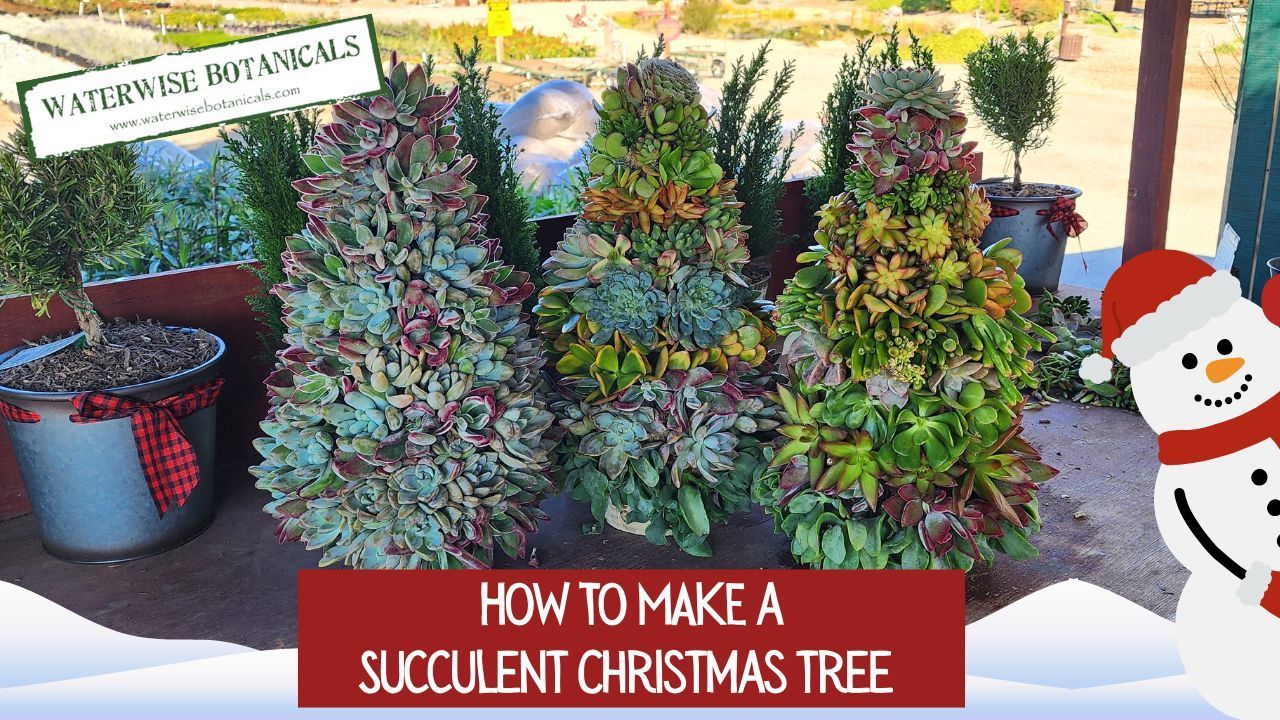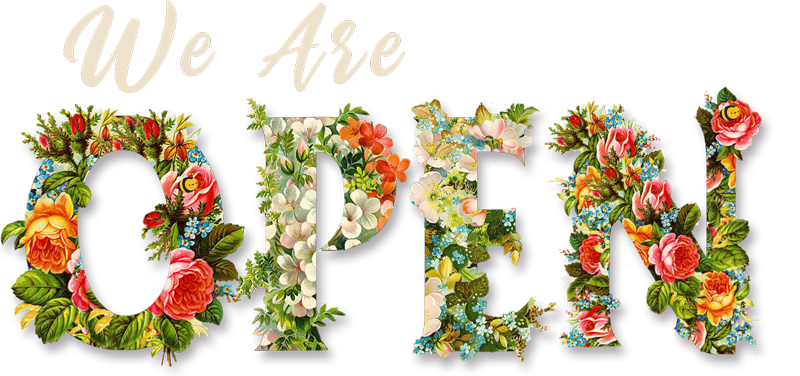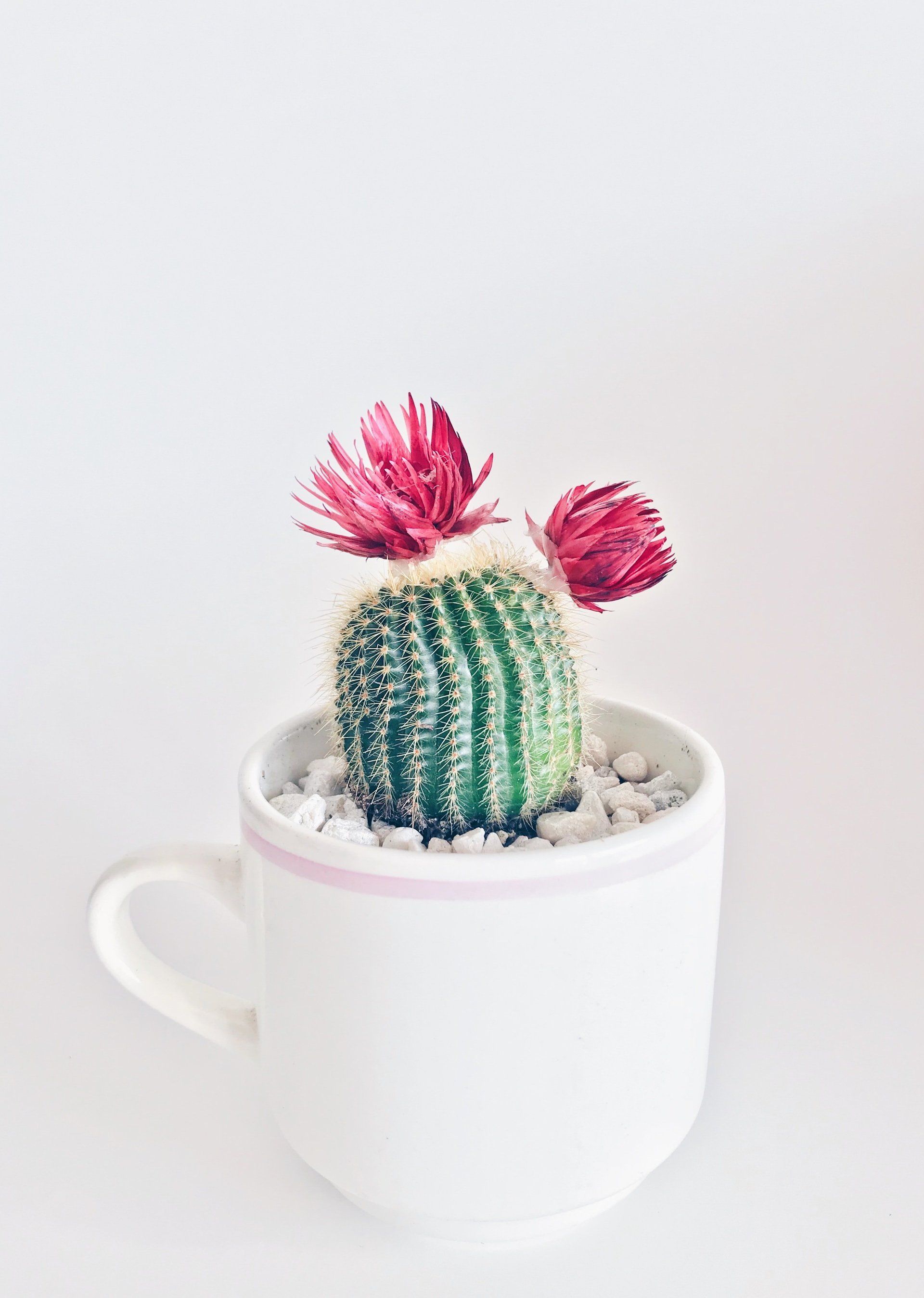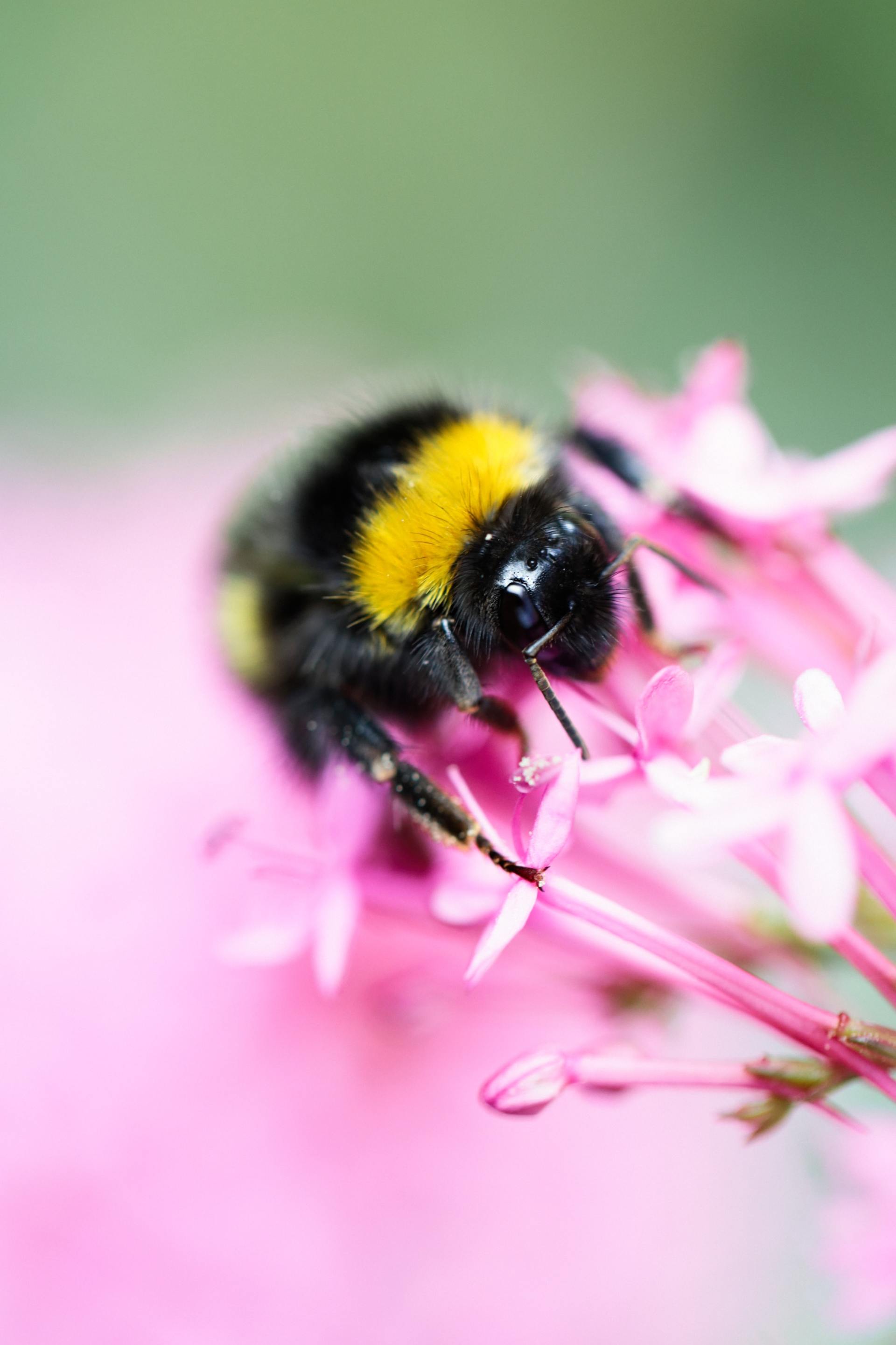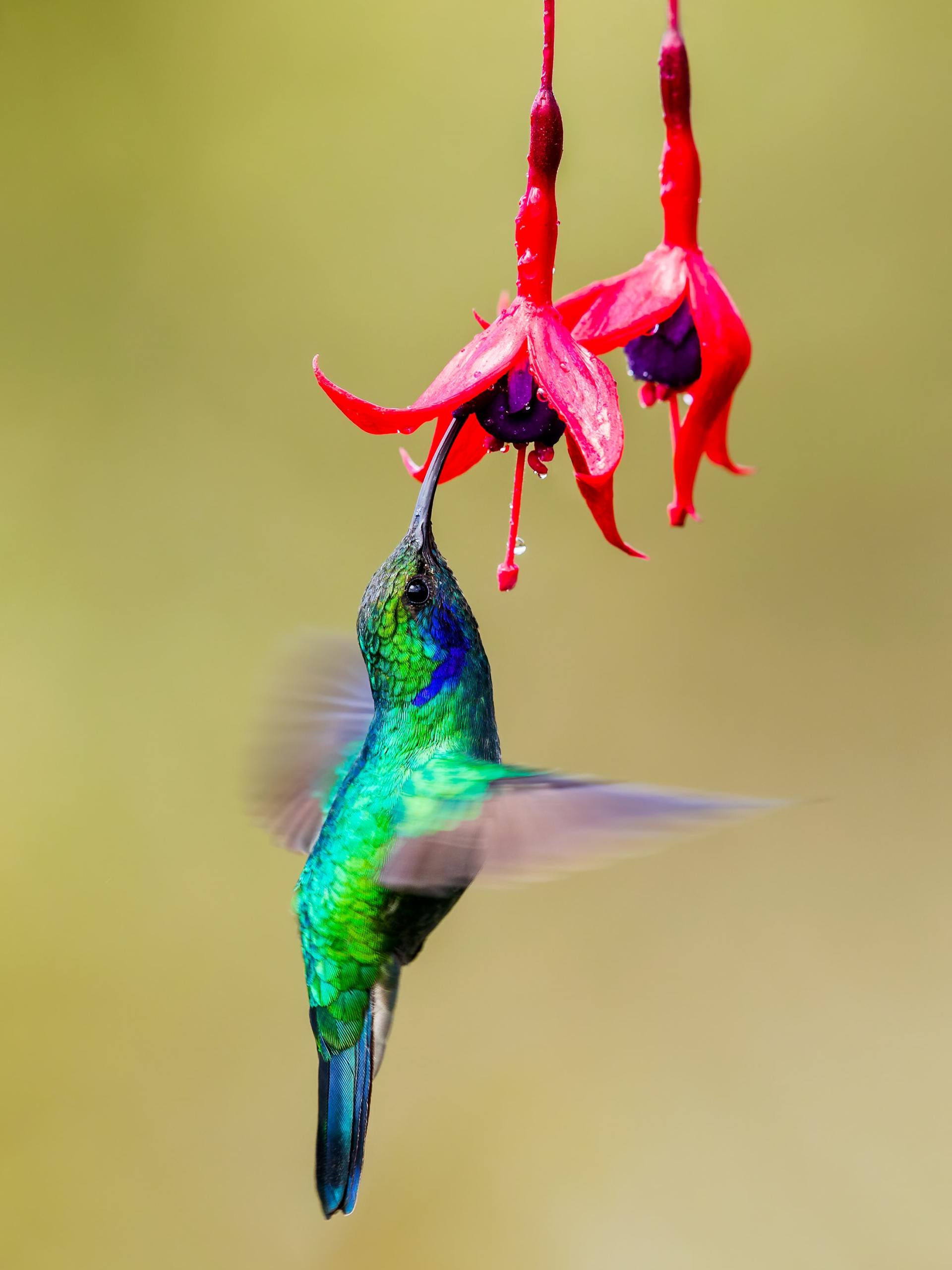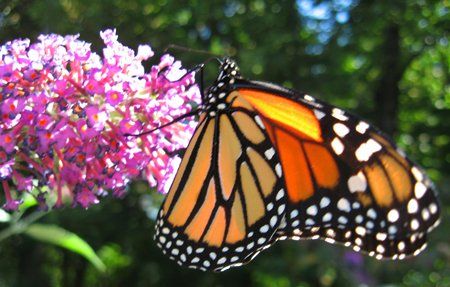Don’t Worry…."Bee" Happy
After what seems like months…the sun came out the other day and I found an energy emerging that had been buried in the gloom. I wandered into the yard and felt the warmth and beautiful glow of my old friend, Mr. Sun . I saw a couple of butterflies lighting on flowers in my wildflower garden and on a rose under the bedroom window…then as I watch them, a bird flew into the yard and landed on a bush, then moved to the tree and back down to some low growing geraniums. As I stood there absorbing the feel of my bare feet in the dew covered grass, I heard a soft hum and looked around the garden only to discover that bees were at play… going from flower to flower, from geranium blossoms to roses. There was a time when I would have run from the bees, not wanting to get stung. But instead, I have learned that they are just going about their business and we can and should share our garden. Their buzz…or hum, as I call it, is music in the garden as much as the singing of the birds. Together they harmonize quite nicely and it feels comforting as I enjoy my morning in the garden.
It made me wonder at the greater significance of these visitors, so I began a little research on the web. Oddly enough…that’s when I discovered that there is an upcoming week set aside to celebrate our little helpers, but I learned a few other interesting facts to ponder. These pollinators…or the few I recognize, help keep our crops producing, thereby keeping our planet fed. Some of the other pollinators are Hummingbirds, Flies, Lemurs, Honey Possums, Lizards, Beetles (lady bugs), Moths, and Bats. According to the US Fish & Wildlife Service, these hard-working animals help pollinate over 75% of our flowering plants, and nearly 75% of our crops. Often we are oblivious as they go about their work, yet without them, wildlife would have fewer nutritious berries and seeds, and we would miss many fruits, veggies and nuts, like blueberries, squash and almonds, PLUS Chocolate and Coffee!
I also discovered the U.S. Dept. of Agriculture sites that during the past 30+ years, our nation’s pollinator populations have suffered serious losses due to invasive pests and diseases, exposure to pesticides and chemicals, and loss of habitat. One quote from this article says “Without pollinators, we don’t eat—it’s simple as that.” I’d say that’s pretty alarming!
I found some ways we can all help the situation from the Natural Resources Conservation Service listed below.
Seven Ways To Make Your Garden A Haven For Native Pollinators:
- Use pollinator-friendly plants in your landscape.
- Add a mixture of plants for spring, summer and fall with different colors, shapes, and scents to attract a wide variety of pollinators. Adding plants to containers on a patio or in window boxes can help!
- Reduce or eliminate pesticide use in your landscape. Always use pesticides sparingly if possible and responsibly.
- Accept some plant damage on plants meant to provide habitat for butterfly and moth larvae.
- Provide clean water for pollinators with a shallow dish, or birdbath using half-submerged stones for perches.
- Leave dead tree trunks, in your landscape for wood-nesting bees and beetles.
Support land conservation in your community by helping to create and maintain community gardens and green spaces to ensure that pollinators have adequate habitat.
- Jackie Jesch
Waterwise Botanicals
Tips & Hints
Recent Posts
